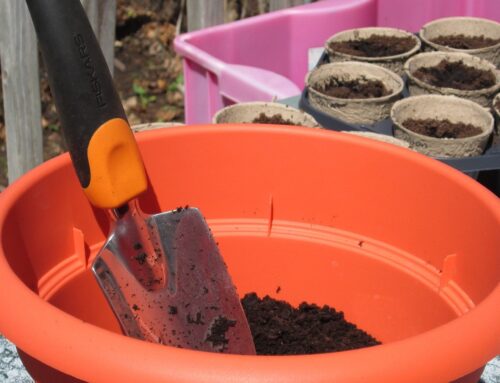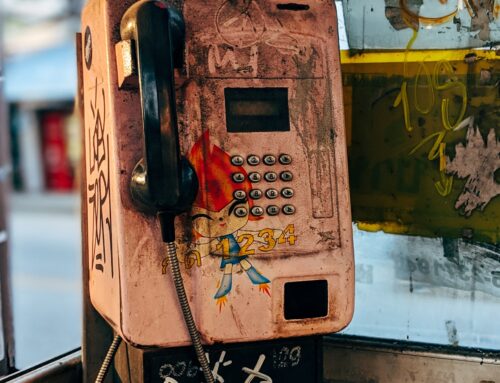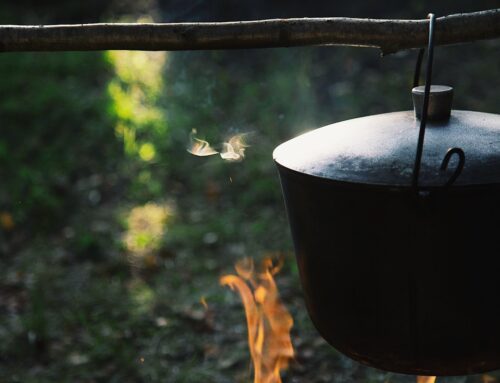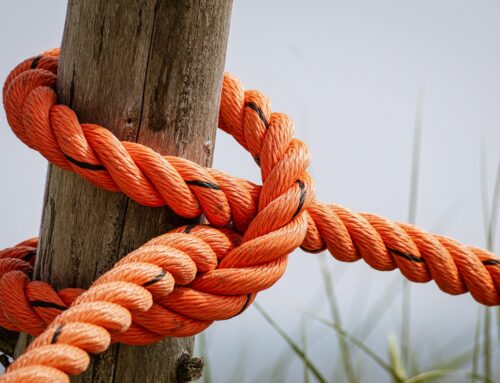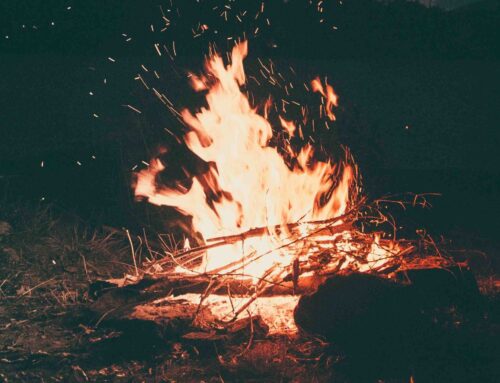With all of the reality shows on television dedicated to survival techniques and even “doomsday” type preppers, you are likely somewhat familiar with the idea of survival training. But, what those television shows might not explain properly is that survival training isn’t just for adventure buffs and the slightly paranoid.
Survival training is a very real and useful life tool that everyone should look into at some level. The fact is that being prepared for unforeseen disasters (such as destructive weather events, major industrial accidents, or even terrorism) is a responsible move.
What Is Survival Training?
Survival training is exactly what it sounds like. It is training you to survive outside of your usual comfort zone. Survival training can be taught for wilderness survival, or even urban survival should you ever be in a situation where you need to survive on your own in a city environment. There are many facets of survival training.
What is the first step of survival training?
If you’re on this website, you’re most likely to have been through the first and most important step: getting informed. Survival training is not necessarily done in a classroom or on the field. > lot of it it making sure you know. The more you know, the more you’ll be ready. Getting informed is actually not just step 1, it’s something you need to keep on doing non-stop. Getting ideas on ways to start a fire, building a great first aid kit, preparing a bug out bag, understanding how to make water safe, are just a few examples that will help you be prepared and ready.
What Skills Are Taught?
Since there are so many types of survival training, the skill sets will vary, but most of the common core necessities will always be taught. These skills will revolve around food, water, shelter, and first aid. More advanced training could be on weapons, long term food and water management, alternative power sources… Understand what you are comfortable with, and where you need to get more information of training… You need to decide which skills you need training on.
Who Needs Survival Training?
Everyone needs to have at least a basic working knowledge of how to survive in many types of situations. Anyone that could ever get lost in the woods, find themselves stranded anywhere, or find themselves in a disaster situations could seriously benefit from survival training.
Catastrophic disasters are not all that far-fetched, and people get stranded or lost almost every day. If your car stalls on a deserted road with no way to call for help, you need to know what to do and how to proceed.
When Is a Good Time to Look into Survival Training?
There is never a bad time to look into survival training. Considering the fact that accidents and disasters of all types happen nearly every day, the sooner you are prepared for anything the better.
Will I Ever Really Use Survival Training?
Consider the old adage “Hope for the best, but plan for the worst”. Hopefully you will never have to use the skills you learn through survival training, but it certainly will help if you ever do.
Where Can I Find Survival Training?
For information: You’re at the right place here at Survival-Journal.com. However, you’ll find great resources all around the web. Also, don’t hesitate to visit official sites like the US CDC Office of Public Health Preparedness and Response (a fun approach on survival preparation was proposed by the CDC: you can read more here), or the Canadian “get prepared” official website.
For classes: There are survival classes and trainers all over the world. Some are taught in a class environment, while others offer more one-on-one type experiences.
How Do I Locate Survival Experts in My Area?
A search through the internet or yellow pages will help you locate a trainer in your area. Of course, make sure that you are hiring a reputable person with plenty of experience, referrals, and recommendations.
Survival training isn’t just for adrenaline junkies, Eagle Scouts, and worriers. In fact, it is a very responsible life skill to have. Consider everything that could go wrong on a daily basis, and you will see that it is one of the smartest things to do to keep yourself and family safe – no matter what.


